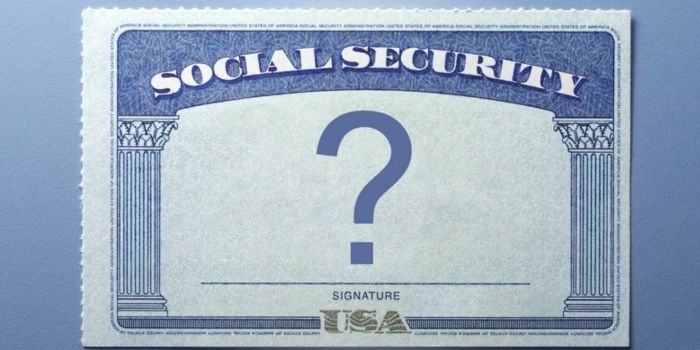With the uncertain future of these benefits, it is crucial to take proactive steps in order to secure a stable retirement. This article highlights the importance of developing effective strategies to ensure financial well-being during this critical time.
From understanding the current landscape to exploring alternative retirement funding options, this article offers guidance on planning ahead and adapting to potential alterations in Social Security benefits. By making thoughtful preparations now, pre-retirees can position themselves for financial stability and peace of mind in the years to come.
Quick Summary:
- As we look ahead to the next decade, it is essential for pre-retirees to carefully consider their financial plans in light of a potential decrease in Social Security benefits.
- Everyone should go to SSA.GOV to set up their Social Security profile. After you set it up and log on, check your income history to confirm all the information is correct. The SSA can make a mistake.
- It is imperative to understand the underlying issues and make informed decisions based on the available information.
By examining the various factors influencing the potential shrinkage of Social Security benefits, we aim to provide pre-retirees with insights and advice on how to navigate these changes.
Don’t wait until it’s too late – start planning for your future today.
Report: Social Security Will Be Depleted by 2034
A report from the nonpartisan Committee for a Responsible Federal Budget highlights the projection that the Social Security trust fund will be depleted by 2034. This could result in a loss of $17,400 in benefits for a couple with average earnings. However, experts emphasize that pre-retirees should not rush to claim benefits earlier than planned due to these concerns.
Social Security has been using its reserves to bridge the gap between revenue and payments, but these funds are expected to run out within the next decade if Congress does not take action to reform the system. Without intervention, retirees, dependents, and survivors may face a 23% reduction in benefits.
Congress is Looking for Solutions
While changes will need to be made to address Social Security’s shortfall, it is anticipated that Congress will find a solution that protects current beneficiaries and those nearing retirement. In the past, when Social Security faced insolvency in 1983, changes were made without impacting current beneficiaries.
Rather than allowing the potential shortfall to dictate when to claim benefits, individuals approaching retirement should consider their life expectancy and health status. Those in poor health may benefit from claiming earlier, while those in average to good health may consider delaying claiming for a higher lifetime benefit. Those with insufficient retirement savings may have no choice but to claim early.
How Does this Affect you Personally?
For individuals born in 1960 or later, claiming at age 62 results in a 30% reduction in benefits, whereas waiting until age 70 qualifies for 124% of the benefit at the full retirement age of 67.
Younger individuals should prepare for potential reductions in Social Security benefits, with millennials advised to anticipate a 20% decrease. To compensate for this, a 35-year-old earning $100,000 would need to increase their annual savings by $2,543 until reaching full retirement age, as per a report by HealthView Services.
By considering these factors and making informed decisions, individuals can navigate the potential challenges facing Social Security while protecting their financial future.
A Note From IFW Research Champion, Scott Rosen

Everyone should go to SSA.GOV to set up their Social Security profile. After you set it up and log on, check your income history to confirm all the information is correct.
The SSA can make a mistake – Let’s say in 2020 you earned $75,000 but the SSA has it as $7,500. That could make a difference in your benefits. If there is a mistake under SSA rules you have three years, three months, and fifteen days to get it corrected. If you are over that amount of time the SSA is NOT required to fix it.
Now the good news is that if you can prove it’s wrong they will most likely still help you……but they are not required to.




